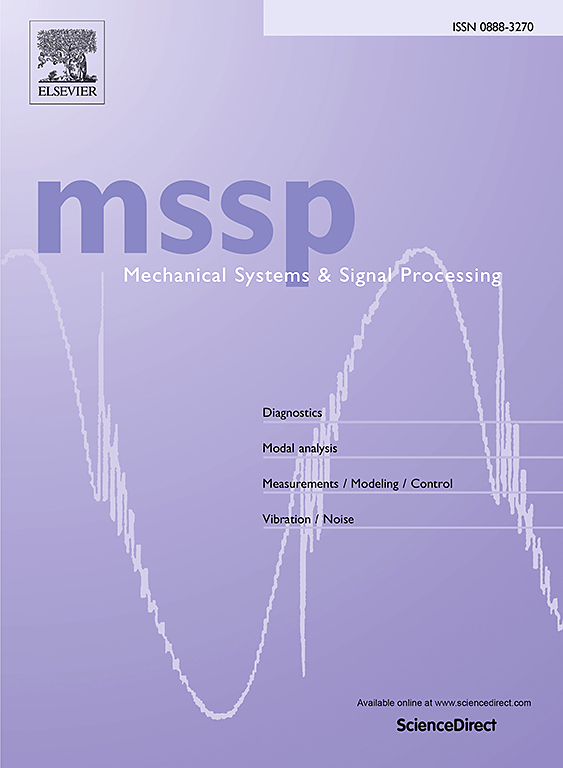Calibrated source-free adaptation for intelligent diagnosis
IF 7.9
1区 工程技术
Q1 ENGINEERING, MECHANICAL
引用次数: 0
Abstract
The domain adaptation-based fault diagnosis method has achieved an appealing cross-domain fault diagnosis performance. However, source domain data is often inaccessible due to data privacy concerns or the need to reduce the burden of data storage and transmission. Additionally, the credibility of diagnosis results is rarely considered, which is indispensable for decision-making, especially in critical safety scenarios. To address these challenges, this paper proposes a novel cross-domain fault diagnosis method called Calibrated Source-free Adaptation Diagnosis (CSAD). Specifically, a pseudo-label learning-based model adaptation diagnosis framework without the assistance of source data is formulated, where a determinant-based mutual information regular is developed to mitigate the adverse impact of noisy pseudo labels. Furthermore, an unsupervised target-mimic-oriented model calibration method is devised for more credible diagnosis results in source-free scenarios. Comparative experiments are conducted to validate the effectiveness and superiority of the proposed method. In terms of diagnosis accuracy, CSAD achieved average accuracies of 99.42%, 99.60%, and 98.61% on the three datasets, respectively, surpassing other methods. Regarding model calibration performance, our approach reduced ECE by 4.56%, 5.58%, and 4.62% on the three datasets compared to the uncalibrated models.
求助全文
约1分钟内获得全文
求助全文
来源期刊

Mechanical Systems and Signal Processing
工程技术-工程:机械
CiteScore
14.80
自引率
13.10%
发文量
1183
审稿时长
5.4 months
期刊介绍:
Journal Name: Mechanical Systems and Signal Processing (MSSP)
Interdisciplinary Focus:
Mechanical, Aerospace, and Civil Engineering
Purpose:Reporting scientific advancements of the highest quality
Arising from new techniques in sensing, instrumentation, signal processing, modelling, and control of dynamic systems
 求助内容:
求助内容: 应助结果提醒方式:
应助结果提醒方式:


